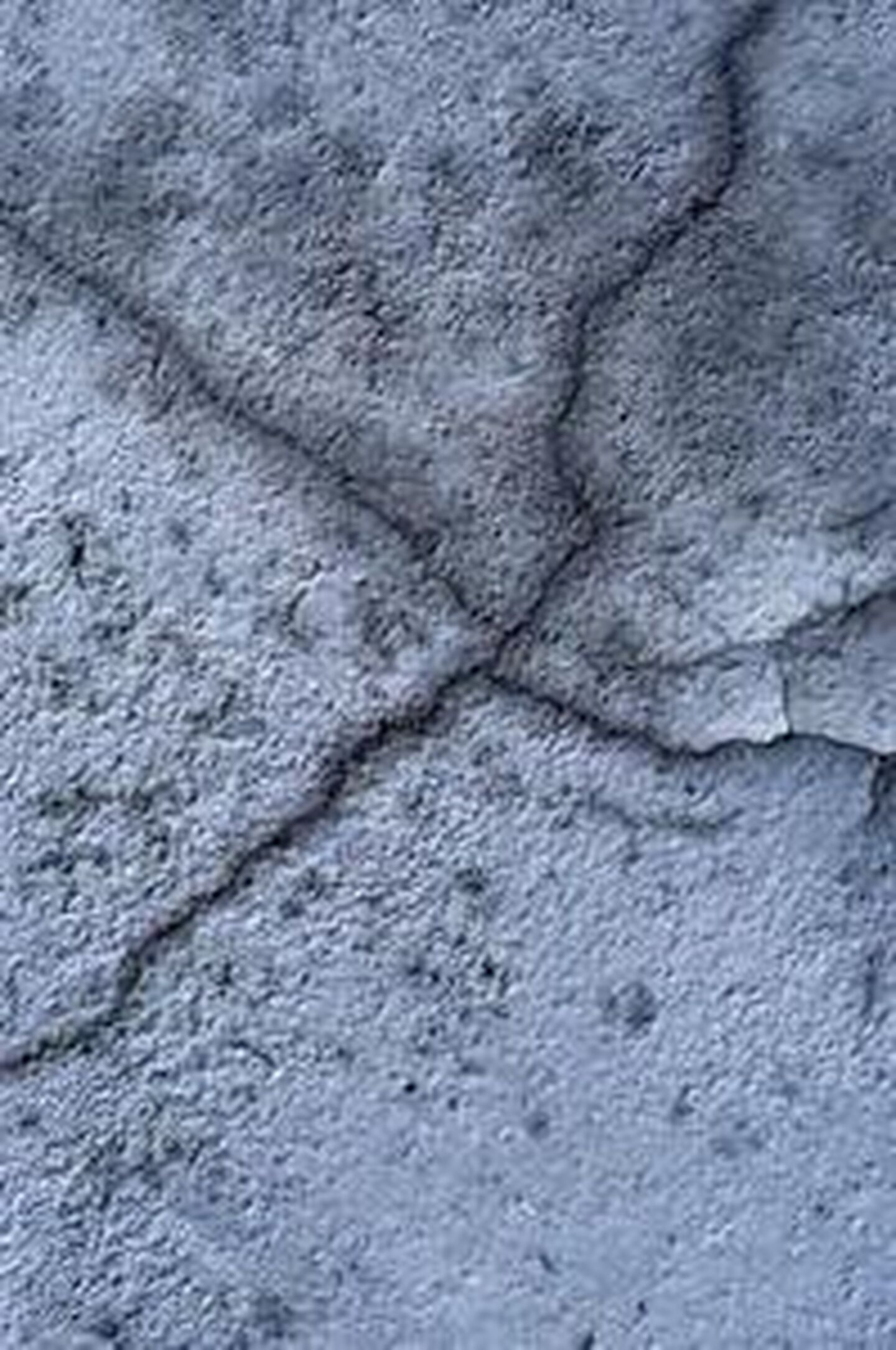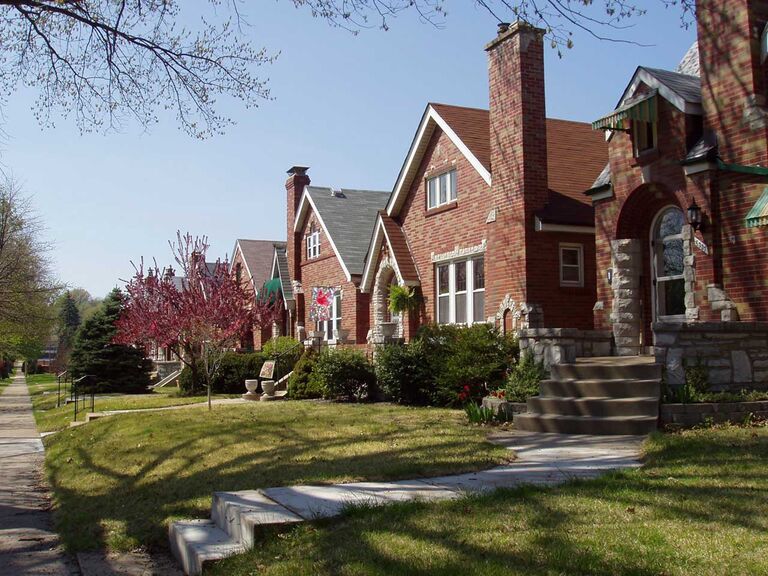Why You Get Seepage from Basement Floor Cracks

Water in your basement can come from a lot of places – through the cove joint, over the top of the foundation, through cracks in the wall – but one of the most confusing sources for homeowners is through cracks in the basement floor.
Why Basement Floor Cracks Leak
Hydrostatic Pressure – Water in the ground under your basement is under pressure caused by the water table, which is determined by various factors like frequent rains, type of soil or proximity to bodies of water. When the water table rises, this hydrostatic pressure increases, held back from entering your basement by foundation walls and the basement floor. Basement floors are typically fairly thin because they serve no structural purpose in the foundation so they are prone to cracking. When cracks do occur in your basement floor, no matter how small, water is forced up through them and into your basement by the hydrostatic pressure below.
Failed Sump Pump – If you have a sump pump and it stops working, it can create an artificially high water table under your floor. If the drain pipes leading to the sump pump are full, water has nowhere else to go and can overflow the sump basin or seep through cracks in the floor or the cove joint.
Failed Drain Tile – For the most part, interior drain tile is not likely to clog or otherwise fail. Exterior drain tile, if installed properly, shouldn’t clog either but is subject to crushing if heavy equipment is operated near the foundation or sometimes from the weight of overlying soil. In any event, should there be a failure of either drain tile system, the drain tile will no longer remove water around the footings and will not relieve hydrostatic pressure under the basement floor. This will cause floor cracks to seep.
Seepage through floor cracks will not result in large volumes of water entering the basement but any moisture can cause problems. For example, if your basement is finished and you have laid carpet or other flooring over your basement floor, floor crack seepage can result in damage ranging from soggy spots to warped flooring. Of course, the presence of water can raise overall humidity and foster the growth of mold, which often goes undetected.
Seepage from floor cracks is repairable and we’ll discuss the remedies that work (and the ones that don’t) in an upcoming article.
At U.S. Waterproofing, we’ve cleared up the confusion for thousands of homeowners who were puzzled by seepage through cracks in their basement floors. We can do the same for you, so why not have one of our basement advisors give you a free assessment of water issues in your basement?




